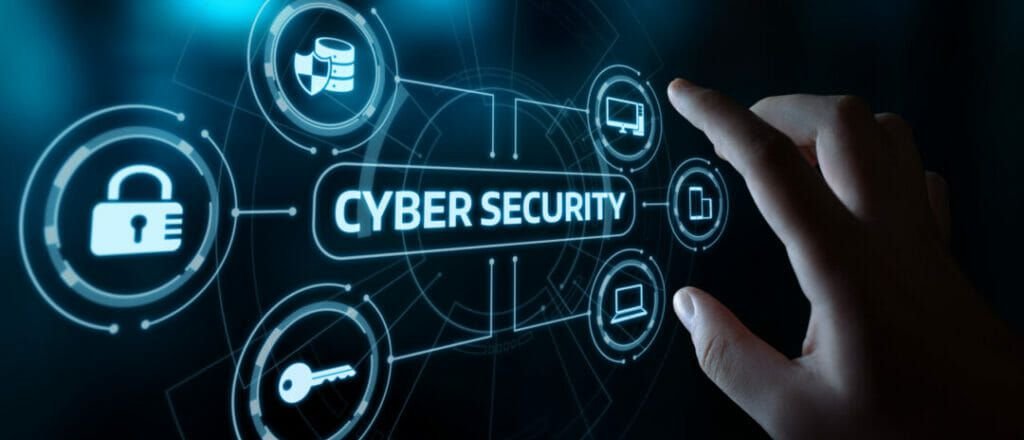The History Of Ethical Hacking: A Quick Recap
Hacking has come a long way from its inception. Nowadays, tons of companies hire ethical hackers to find vulnerabilities in their systems so they can fix them before someone else does.
The field of computer security and hacking has evolved dramatically over the years. An unorganized group of hackers, who used to "hack" at random targets with zero purposes or mindset, are now changing into a more technologically advanced team.
In this post, we will take a quick trip through several different periods of history (going back centuries!), so you can get an idea of what's come before us and see how far we've come. But. Let us first discuss the role of ethical hackers.
Who are ethical hackers, and why are they needed?
Ethical hacking is a practice that involves testing the security of an information system by replicating an attack. The goal is to try if there are any vulnerabilities in the design and find ways to fix them before attackers exploit them.
Ethical hackers, also known as white-hat hackers, are professionals who use their skills in ethical hacking for good purposes. They use their knowledge about network security to help improve it for everyone's benefit. For example, you could hire an ethical hacker to test your company's network for vulnerabilities before going online or employing. This way, you can ensure your data is secure before those new people come on board!
The history of ethical hacking
IBM Vice President John Patrick coined the term "ethical hacking" in 1995. However, the idea has been around for much longer. Throughout the 1960s, engineering students used the word "hacking" to refer to various methods of optimizing systems and machinery to make them function more effectively.
In the 1980s, however, the term took on an entirely different meaning when it became associated with computer crime. This association ultimately led to the creation of laws like the Computer Fraud and Abuse Act (CFAA) in 1986 and other legislation to prevent cybercrime. Ethical hacking now refers to using specific techniques and tools to find security vulnerabilities in systems.
What's next for the profession?
The profession is looking good. While ethical hacking has been around for years, there's no reason to think it will disappear soon. It seems like the world needs more ethical hackers than ever before. As technology advances and becomes more sophisticated, so will the need for security professionals who can keep up with its evolution and ensure that users are safe from malicious attacks on their personal information or devices.
Ethical hackers have always been important to society; now, they're just getting even more recognition for their work!
Explore cyber ethical hacking course with Imarticus Learning
This certified hacker certification collaborates with industry professionals to provide students with the most significant possible learning experience. This certified professional ethical hacker course will educate students for careers as Cybersecurity Analysts, Penetration Testers, Incident Handlers, and members of SOC Teams.
Course Benefits For Learners:
- Students will learn about ethical hacking, penetration testing, and real-world examples throughout the information security programs.
- Learners will also be instructed to handle challenges and undergo intense training as SOC team specialists.
- Our skilled professors will deliver online cyber security training that will cover the essentials of security processes, tools, software, and tactics.










